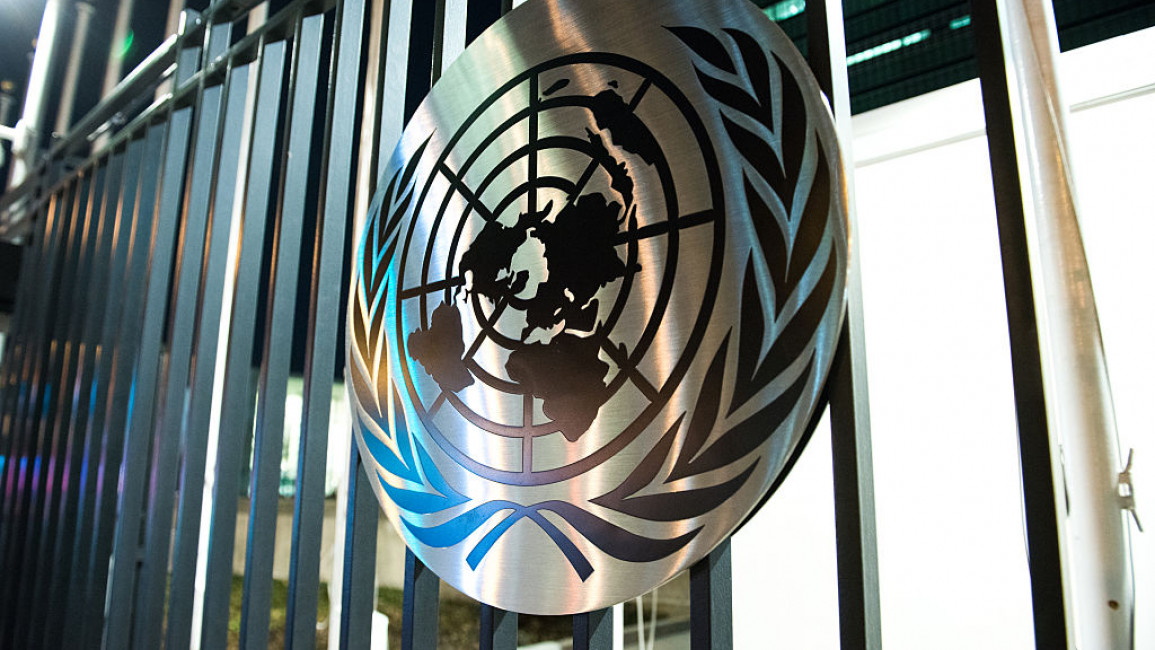UN urges Tehran to halt imminent execution of Iranian-Swedish academic
The United Nations on Tuesday urgently called on Tehran to halt the imminent execution of an Iranian-Swedish academic, and to revoke his death sentence.
"We are deeply alarmed by the imminent execution in the Islamic Republic of Iran of Swedish-Iranian doctor and academic Ahmedreza Djalali," UN rights office spokeswoman Liz Throssell told reporters in Geneva.
The office, she said, urged the Iranian authorities "to halt the execution and revoke his death sentence."
Iranian authorities announced on Monday they might postpone the execution, currently scheduled to take place on May 21.
But Throssell pointed out they had also stressed Djalali's verdict was "final and the execution will be carried out".
Djalali, who was based in Stockholm and worked at the Karolinska Medical Institute, was arrested during a visit to Iran in April 2016.
He was sentenced to death the following year after being found guilty of passing information about two Iranian nuclear scientists to Israel's Mossad spy agency that had led to their assassinations.
Sweden granted Djalali citizenship while in detention in February 2018.
Throssell lamented that his sentence was "based on a confession that was reportedly extracted under torture, and after a trial that failed to meet international standards."
"In the current circumstances, the execution would therefore constitute an arbitrary deprivation of life," she said.
Throssell also warned the use of the death penalty for espionage offences was "incompatible" with international human rights law.
"Countries that have not yet abolished the death penalty may only impose it for the 'most serious crimes', which is interpreted as crimes of extreme gravity involving intentional killing."


![Minnesota Tim Walz is working to court Muslim voters. [Getty]](/sites/default/files/styles/image_684x385/public/2169747529.jpeg?h=a5f2f23a&itok=b63Wif2V)





![Israeli strikes on Beirut [Getty]](/sites/default/files/styles/image_330x185/public/2176155077.jpeg?h=a5f2f23a&itok=Xq7ypWgM)
